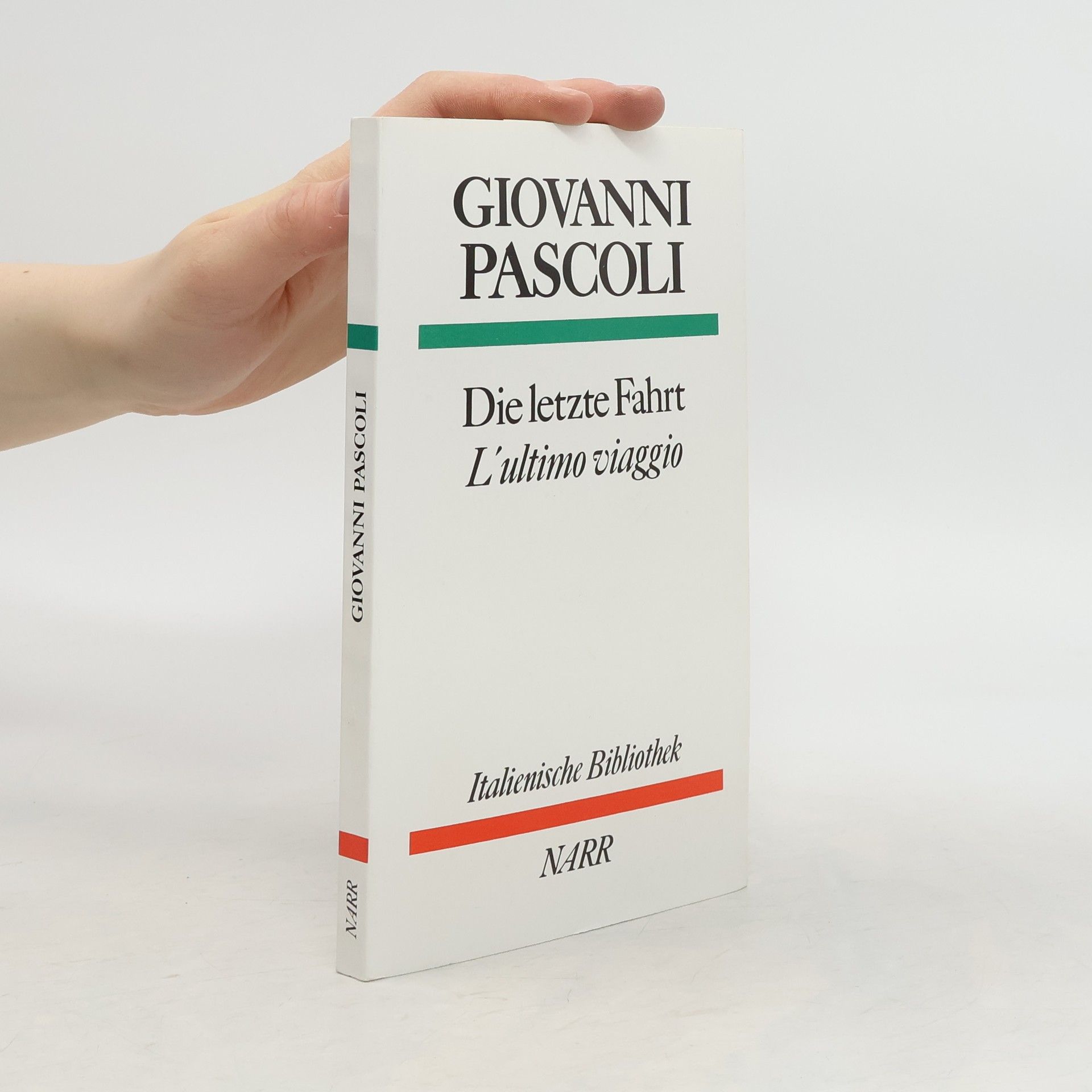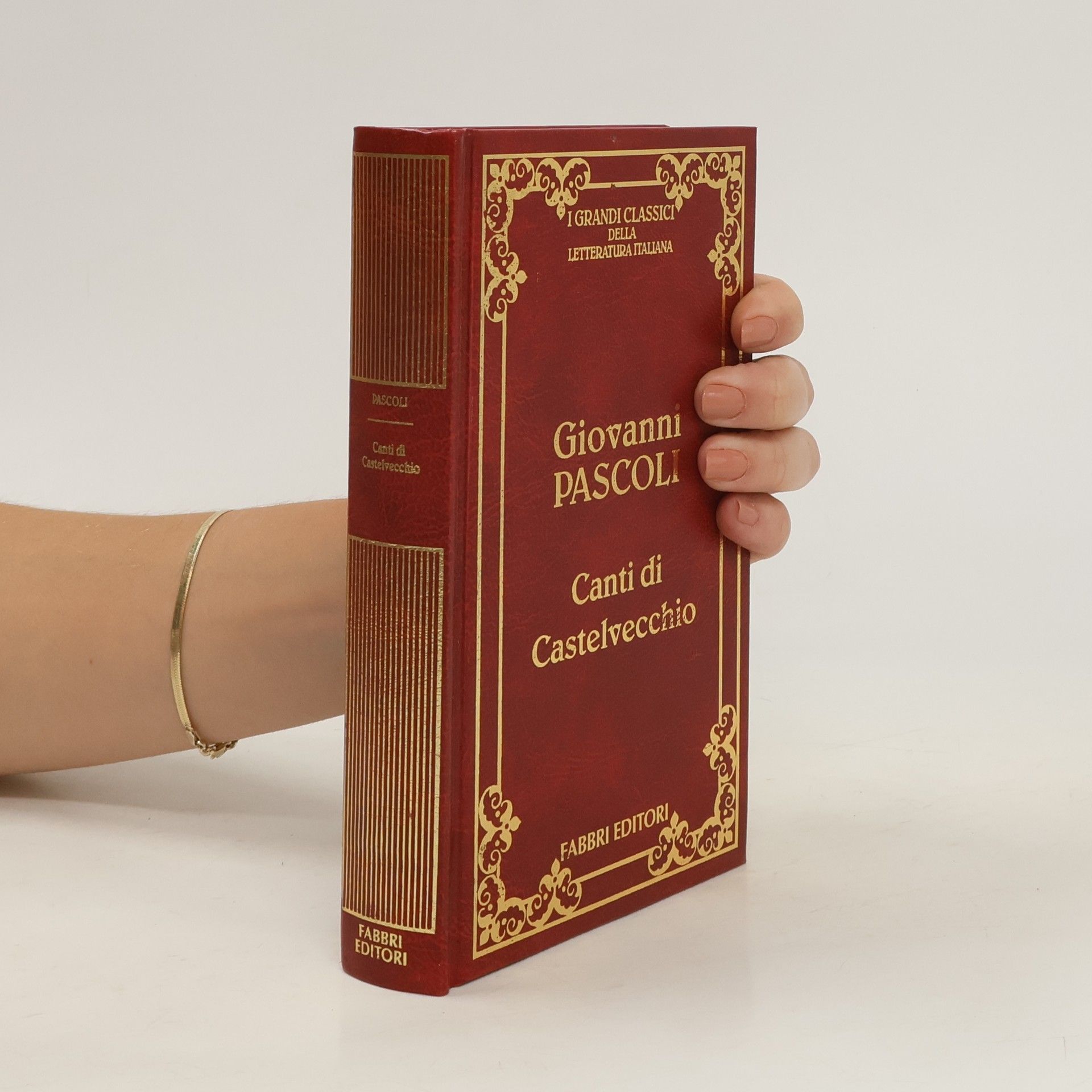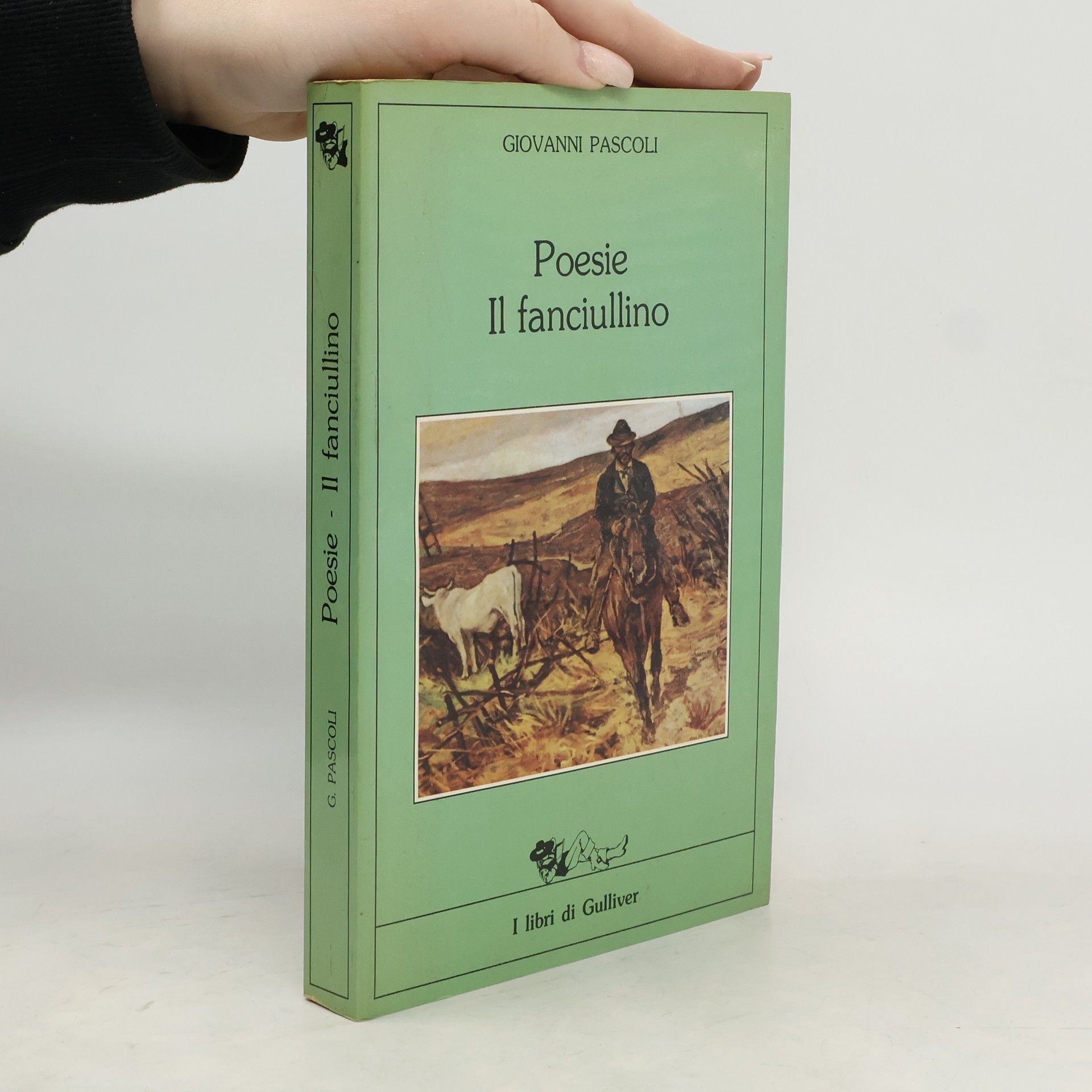Dark Minerva
Prolegomena: The Moral Construction of Dante's Divine Comedy
- 258pages
- 10 heures de lecture
An impassioned exploration of Dante Alighieri's Divine Comedy, this work delves into the complexities of Dante's thought and its profound implications. Pascoli combines poetic expression with critical analysis, reflecting on the challenge of fully grasping Dante's intentions. He aims to illuminate the obscurities within Dante's writing, emphasizing the elusive nature of understanding. Through this scholarly investigation, readers are invited to engage with the depths of Dante's genius and the transformative power of his literary legacy.





